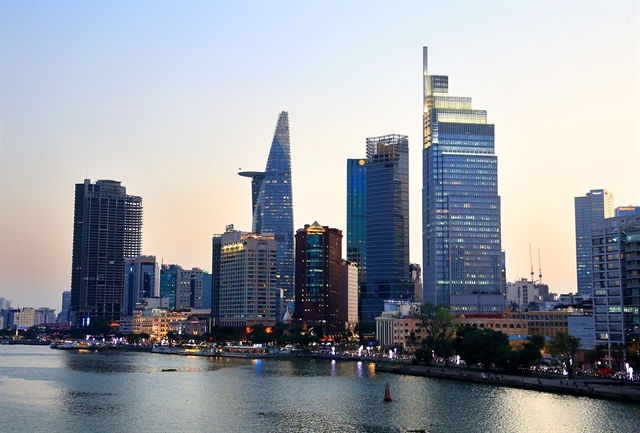According to the General Statistics Office (GSO), newly registered capital in the real estate sector amounted to $3.72 billion, accounting for 18.8 per cent of total newly registered capital, ranking second to the manufacturing and processing sector.

HÀ NỘI — As of December 31, 2024, total foreign direct investment (FDI) registered in Việt Nam, including newly registered capital, adjusted capital and share acquisitions by foreign investors, reached US$38.23 billion.
According to the General Statistics Office (GSO), newly registered capital in the real estate sector amounted to $3.72 billion, accounting for 18.8 per cent of the total newly registered capital, ranking second after the manufacturing and processing sector.
Among 80 countries and territories with newly licensed investment projects in Việt Nam in 2024, Singapore remained the largest investor, followed by South Korea and China.
When combining newly registered capital and adjusted capital from previously licensed projects, total FDI in real estate reached $5.09 billion, representing 15.1 per cent of the total FDI inflows.
In terms of FDI disbursement, the realised capital for 2024 was estimated at $25.35 billion, a 9.4 per cent increase compared to 2023. Of this, real estate activities accounted for $1.84 billion, making up 7.2 per cent of the total and maintaining its second place after manufacturing and processing.
Commenting on the ability to attract and absorb FDI in the real estate sector, General Director of Avison Young Vietnam, David Jackson, highlighted that the industrial real estate segment continues to be a bright spot in the market, with rising rental prices, increased supply and high occupancy rates. The main driver of this growth stems from FDI inflows into the manufacturing sector.
According to Jackson, in the short term, economic, trade and geopolitical fluctuations driven by the policies of the newly elected US President Donald Trump may exert immediate pressure on attracting foreign investment and exports. However, in the long run, Việt Nam, with its geographical advantages, political stability, competitive costs and increasingly improved investment environment, could become a global manufacturing hub if it capitalises on emerging opportunities. — VNS





